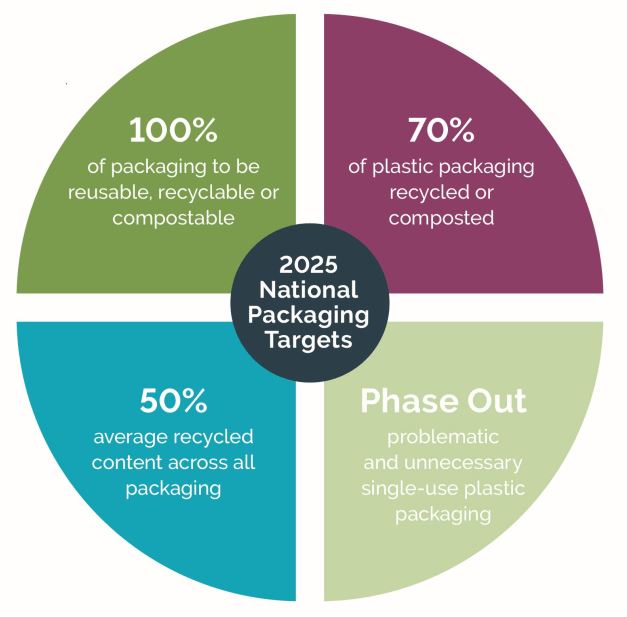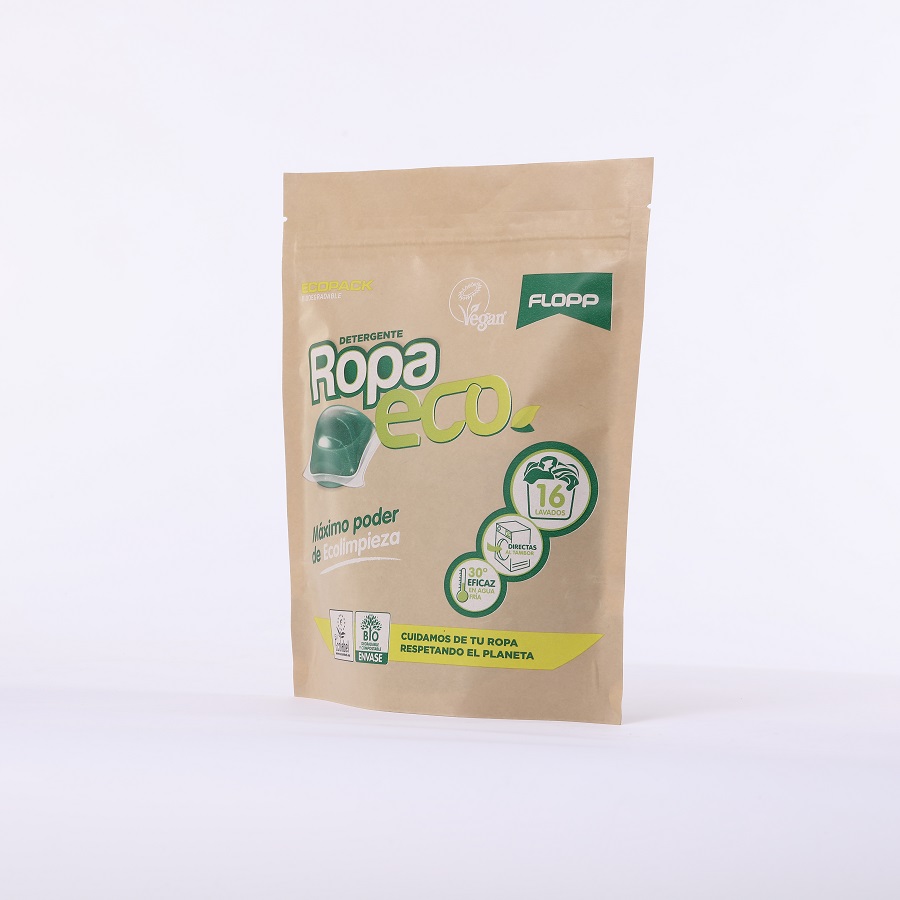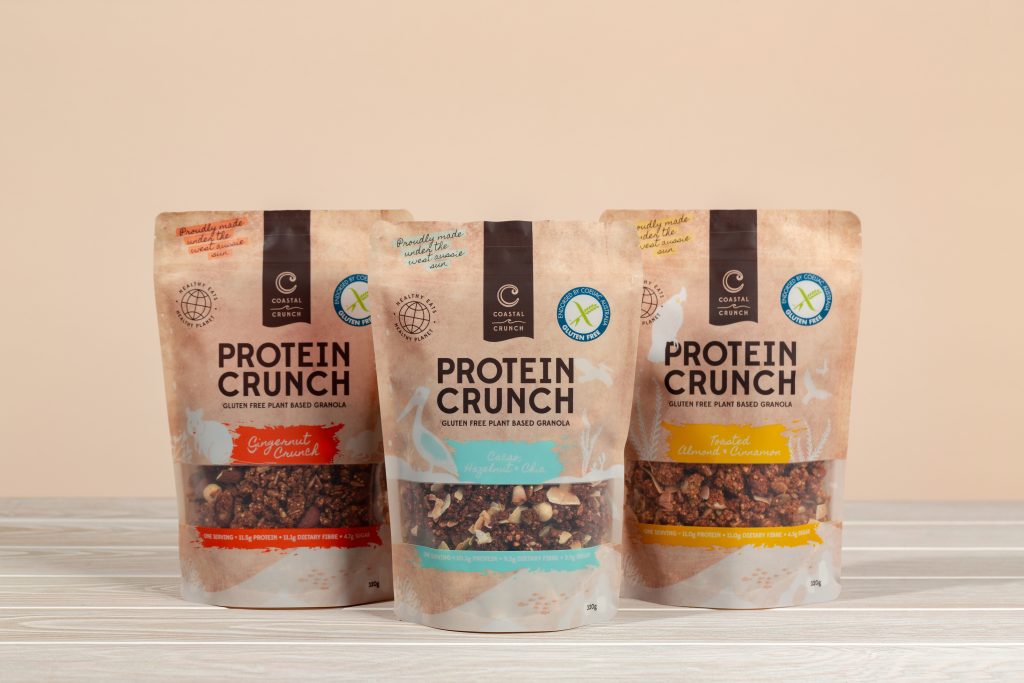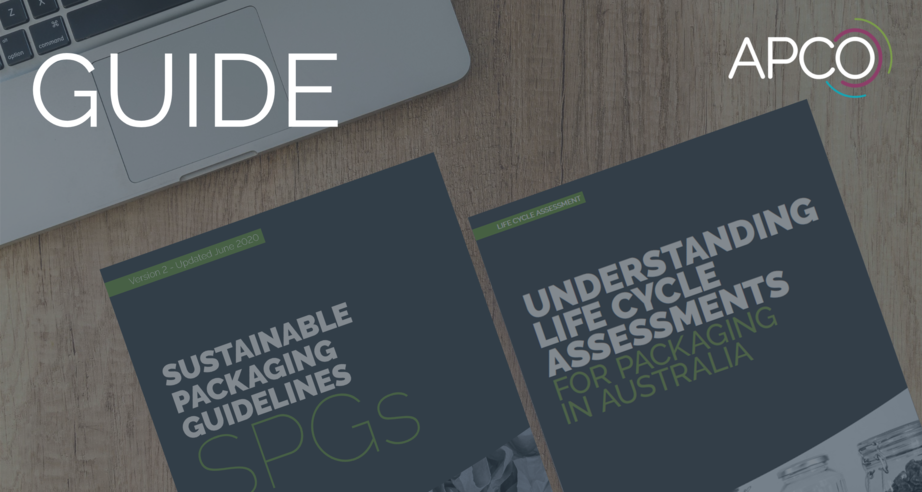Ever wondered about the piles of plastic packaging we dispose of every day? Have you thought about where they end up? It’s time to introduce a solution: sustainable packaging.
Understanding Sustainable Packaging
Let’s get the basics first. What exactly is sustainable packaging?
Concept of Sustainability
Sustainability is all about maintaining equilibrium in our ecological systems. It’s about creating a balance that prevents depletion of natural resources while supporting long-term ecological balance. Similarly, sustainable packaging solutions are those that respect this concept.

APCO 2025 National Packaging Targets
Source: Australian Packaging Covenant Organisation (APCO)
Evolving Packaging Industry
The packaging industry has evolved dramatically over the years. From the use of simple materials like wood and paper to complex plastic polymers, the change has been substantial. Now, the focus has shifted towards sustainable solutions – packaging that not only serves its purpose but also has minimal impact on the environment.
Importance of Sustainable Packaging
Sustainable packaging is the need of the hour. It doesn’t just help save the environment but also contributes to the overall sustainability of a business. In fact, it is now considered an essential part of a company’s corporate social responsibility (CSR) initiatives.
Types of Sustainable Packaging
Now that we have understood what sustainable packaging is, let’s delve into its types.
Biodegradable Packaging
Biodegradable packaging, as the name suggests, breaks down naturally into organic components. This type of packaging reduces waste as it decomposes without leaving behind any harmful residues.

Source: Myerton Packaging
Recyclable Packaging
Recyclable packaging can be collected and reprocessed into new packaging materials. This process prevents the need for fresh resources, thereby conserving energy and raw materials.

Source: Myerton Packaging
Reusable Packaging
Reusable packaging is designed to be used multiple times. It’s a viable solution that reduces the necessity for new packaging materials and thereby minimizes waste.
Benefits of Sustainable Packaging
The benefits of sustainable packaging solutions stretch beyond just ecological benefits.
Environmental Benefits
Reduction in Carbon Footprint
Sustainable packaging reduces the carbon footprint by minimizing waste and reducing the need for fresh resources.
Economic Benefits
Cost-saving in Long Run
While sustainable packaging might involve higher initial costs, the long-term savings are significant. Reduced material costs, decreased waste management costs, and potential tax benefits make it a worthy investment.
Boost sales
Sustainable packaging is a compelling driver for improving a brand’s sales, especially in a market where consumers actively seek eco-friendly choices. Numerous studies have revealed that customers are increasingly willing to pay a premium for products packaged in sustainable materials. By adopting sustainable packaging solutions, brands can tap into this growing consumer demand and position themselves as environmentally responsible leaders in their industry.
Social Benefits
Improving Brand Image
Sustainable packaging contributes to improving a company’s brand image. Consumers are becoming increasingly aware of environmental issues and prefer brands that show commitment to sustainability.
Challenges to Sustainable Packaging
As promising as it sounds, the path to sustainable packaging also has its hurdles.
High Initial Costs
Transitioning to sustainable packaging solutions can be expensive initially. This can deter smaller businesses from adopting these solutions.
Technological Challenges
Developing and implementing sustainable packaging technologies require significant expertise and resources. Companies need to stay abreast of emerging technologies and have the necessary infrastructure to implement them.

APCO Sustainable Packaging Guidelines
Souce: APCO
Future of Sustainable Packaging
Sustainable packaging is not just a trend but the future of packaging.
Emerging Technologies and Innovations
From plant-based plastics to edible packaging materials, innovations in the field of sustainable packaging are likely to transform the industry.
Regulations and Policies Impact
Governments worldwide are imposing stricter regulations on packaging to promote sustainability. This will push more companies to adopt sustainable packaging solutions.
Sustainable Packaging in 2023
Sustainable packaging solutions are essential for a sustainable future. While challenges exist, the numerous benefits and inevitable industry trends make it a compelling choice for businesses. As consumers, the power is also in our hands to make environmentally conscious choices and support brands that prioritise sustainability.
FAQs
- What is sustainable packaging? Sustainable packaging is an approach to material and process selection for packaging which takes into account the entire life cycle of the product, its packaging, and the overall sustainability goals of the market it serves.
- What are the types of sustainable packaging? The three primary types of sustainable packaging are biodegradable packaging, recyclable packaging, and reusable packaging.
- Why is sustainable packaging important? Sustainable packaging is important as it reduces environmental impact, conserves resources, offers economic benefits, and can improve a company’s brand image.
- What are the challenges to sustainable packaging? The challenges to sustainable packaging include high initial costs and technological challenges associated with developing and implementing sustainable packaging solutions.
- What is the future of sustainable packaging? The future of sustainable packaging is likely to see emerging technologies, innovations, and more stringent regulations, pushing more companies to adopt sustainable packaging solutions.
